Profile
- In-depth language knowledge and cultural awareness;
- Writing skills;
- IT skills;
- Creativity;
- Flexibility and adaptability;
- Attention to detail;
- Organisational skills;
- Analytical and research skills;
- General and specialised knowledge;
- Curiosity and willingness to learn.
In no other institution are the professional requirements as demanding as in the European Parliament: our translators must exhibit a combination of IT literacy, mental flexibility, linguistic diversity, translation speed and familiarity with current affairs. Texts on a huge variety of topics must often be translated to extremely tight deadlines. They can also be legally complex and require rapid understanding not only of the language used, but also of political intent and context.
Besides translation, translators are also involved in mentoring newcomers and trainees, revising translations produced both in-house and externally, participating in training programmes to keep up with the latest technological and professional developments, and learning new languages to broaden the linguistic profile of their respective language units.
As technology advances and gradually takes care of the routine tasks, translators are taking on new roles and developing new skills. The profile of staff is changing as they take on a more active role in producing content that is clear, engaging and appropriate for the intended audience and as they become more and more involved in cross-cutting projects in a variety of media. Skills in journalism, editing, clear writing and social media communication are increasingly in demand.
Who are we?
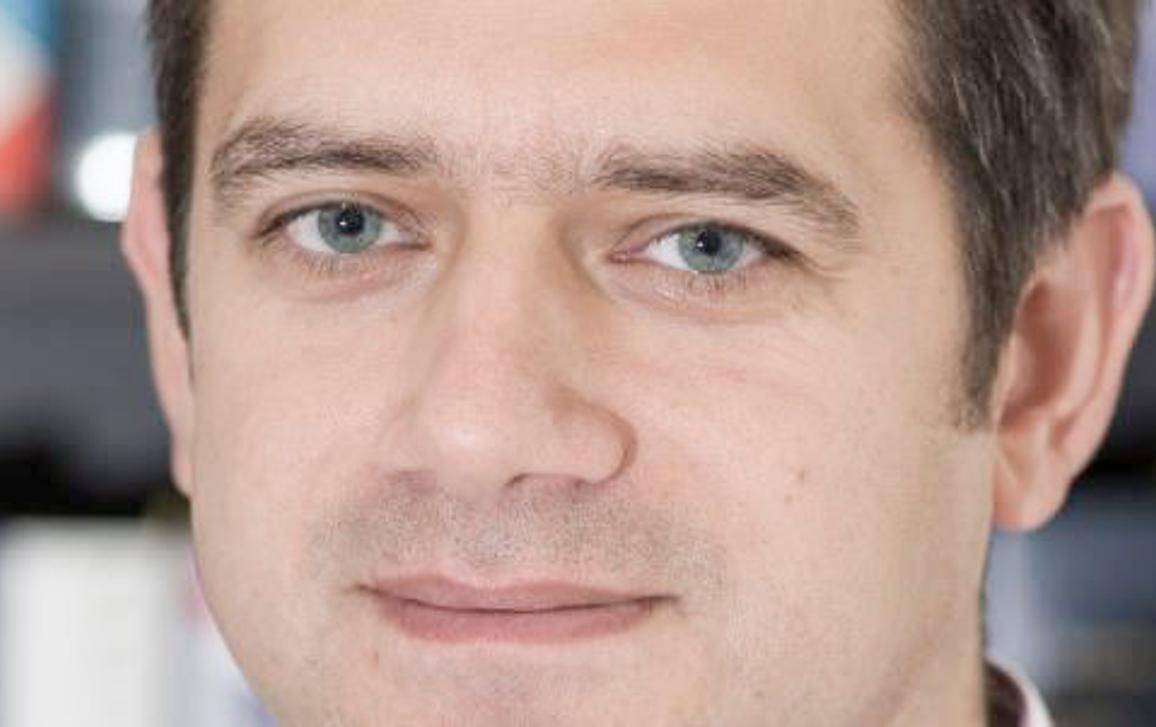
Edi ZELIĆ, Croatian-language translator
After studying political science and English language and literature, I worked for more than ten years as a journalist for various Croatian and German media outlets. Then I switched to the private sector where I was in charge of marketing and PR.
Since I grew up bilingual, I have always been involved in translation and multilingualism, especially in the multicultural environment in which I grew up and those in which I studied and worked.
In my opinion, the EU motto 'United in diversity' cannot be achieved without the art of translation. For me, the biggest challenge is the need to find a compromise between respecting the source text and the inevitable adaptation to the target language and target group.
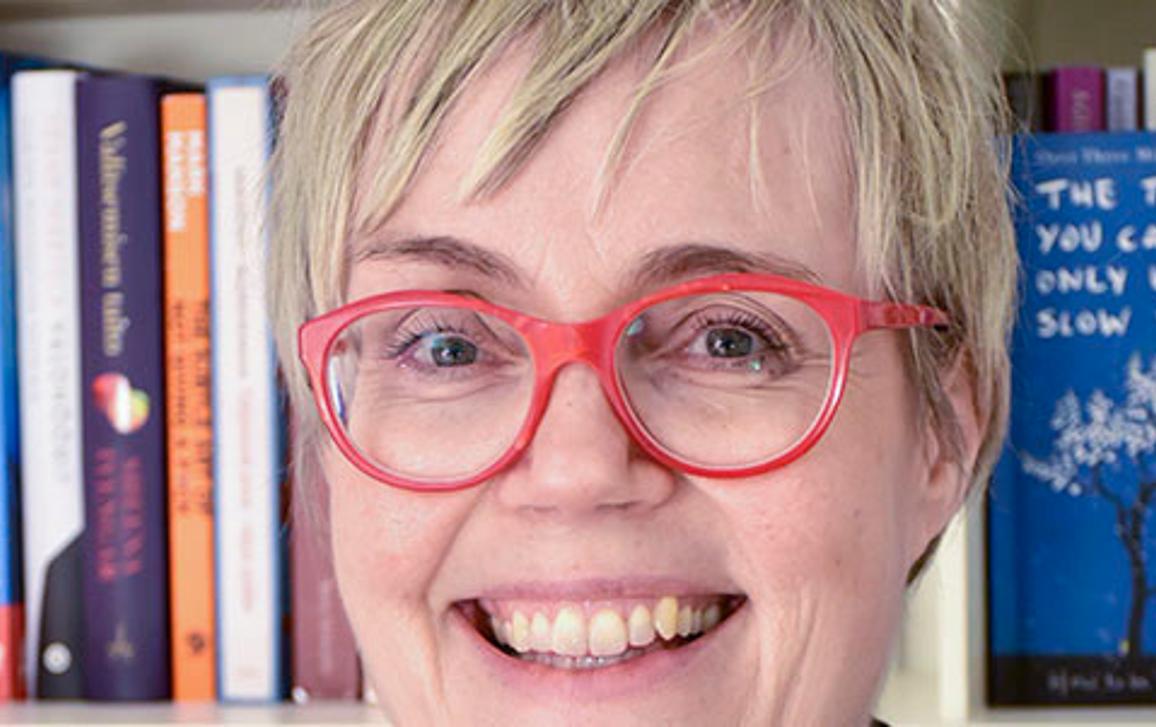
Niina HAVU, Finnish-language translator
Translation? It was love at first sight. I had always wanted to learn foreign languages and to live abroad. I did my MA in Finland and France and an Erasmus exchange in Wales.
My career as an EU translator in Luxembourg started at the European Parliament and continued at the Court of Auditors - and then I returned to Parliament. My work has changed over the years: radio flash news and podcasts are the latest thing. Machines have come in to help translators, but, at the same time, they can also be perceived as a threat. I still believe that translators will be needed in the future.
As a translator at Parliament, I foster multilingualism and intercultural cooperation in Europe. EU countries' flags waving in the breeze still stir my heart.
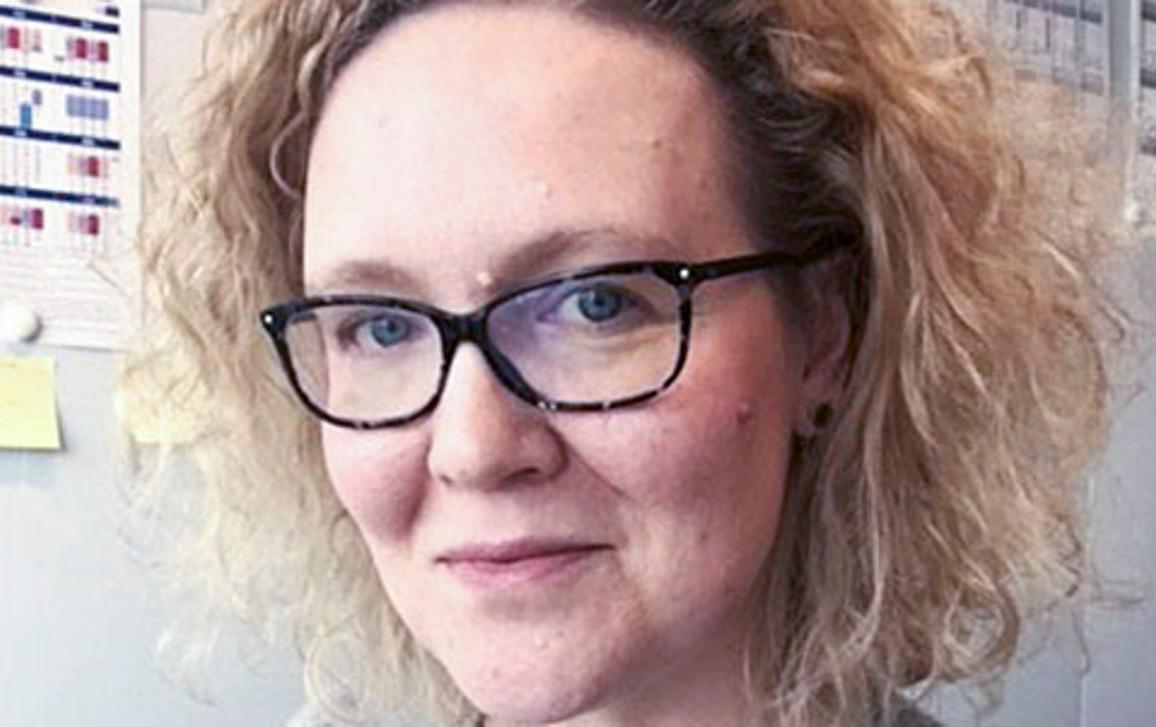
Patrycja LASKOWSKA, Polish-language head of unit and former quality coordinator
With a background in applied linguistics and sociology, I have always wanted to work in a multicultural and multilingual environment. I first worked on EU pre-accession programmes, then at the Translation Centre in Luxembourg, before finally joining the European Parliament.
As a quality coordinator, I was responsible for quality assurance in the Polish Translation Unit. In other words, I coordinated all activities crucial for ensuring the quality of the translations we produce. As a head of unit, I am now responsible for a team of translators and assistants. The biggest challenge? Keeping pace with the dynamic environment we work in, but that is what I like best about this job.
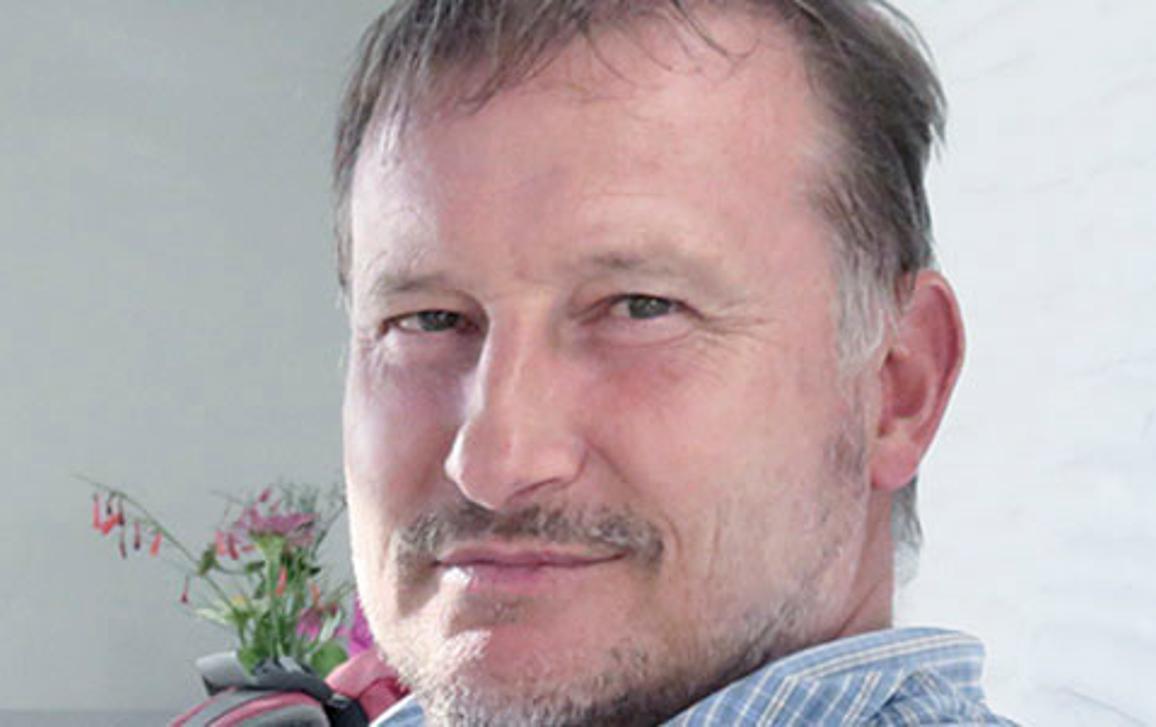
Andrew WALKER, English-language translator
I come from an entirely English background and no-one else in my family speaks foreign languages. I studied French and German at university and I became a translator because I liked working with languages and I seemed to be good at it. The biggest challenge for me is always producing real translations which convey the meaning of the original in idiomatic English. In recent years, I've had the opportunity to try to pass on what I know to our trainees - a great experience.
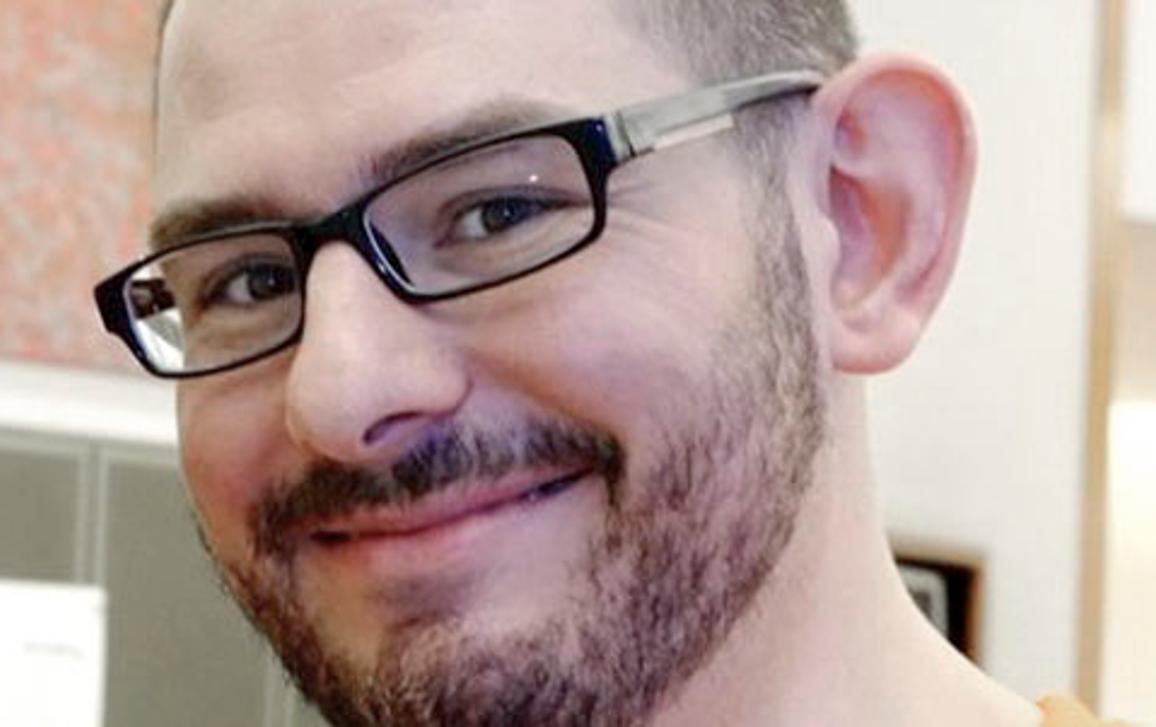
Emmanuel POCHET, French-language translator
Belgium-born, but of partial Polish descent, I first learnt Polish from my 'babcia' (Polish for 'grandma') as a child and then Dutch, but soon also English and then German, my favourite foreign language so far. Quite unexpectedly, my degree in translation studies first got me a job teaching my native French in post-1990 Central Europe, a six-year-long working (and living) experience that I will never forget. Translation remained, however, my ultimate goal and, through EPSO, I eventually got into the Directorate-General for Translation in 2008. Over the years, I got to develop my languages and skills, learn new ones, give in-house training, help in the selection of new colleagues and assist in the development of new tools, among other things. Our profile has become increasingly technical, but also very much diversified. According to some, machine translation will equal human translation by 2027, but expect translators to still be around for a while yet!

